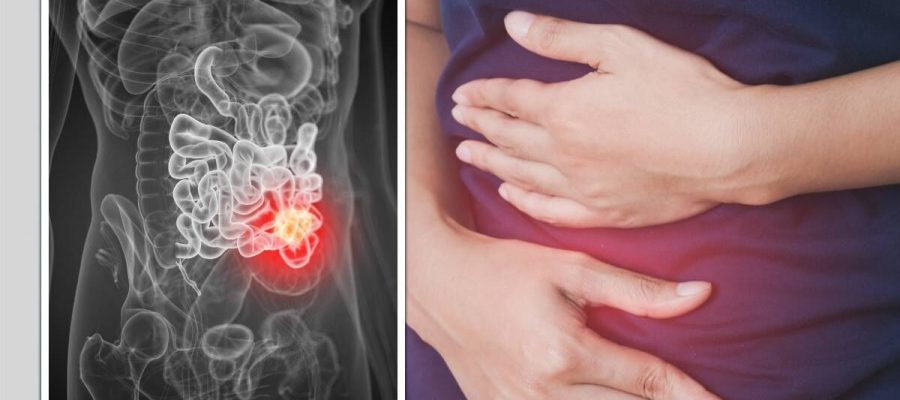Dame Deborah James dies from bowel cancer age 40
We use your sign-up to provide content in ways you’ve consented to and to improve our understanding of you. This may include adverts from us and 3rd parties based on our understanding. You can unsubscribe at any time. More info
The death of Dame Deborah James has reminded millions across the UK of the heartbreaking effects cancer has on individuals and families. As 43,000 people a year are diagnosed with the disease, what are the main things you need to know about bowel cancer?
Bowel cancer is the fourth most common cancer diagnosed in the UK, and the second biggest cancer killer.
Cases are most often diagnosed in the over 50s, but 2,600 cases a year are diagnosed in those under that age.
It more commonly affects men than women, with one in 18 women being diagnosed in their lifetime, compared to one in 15 men.
Bowel cancer is highly treatable if caught early, and according to Bowel Cancer UK, almost everyone survives if they are diagnosed in stage one.

That can change quickly as the disease progresses, and early diagnosis is key to increasing your chances of survival.
More than 16.500 people die in the UK from bowel cancer every year, but the numbers have been decreasing since the 1970s.
The following factors make you more at risk of developing the disease:
- Aged over 50
- A strong family history of bowel cancer
- A history of non-cancerous growths (polyps) in your bowel
- Longstanding inflammatory bowel disease such as Crohn’s disease or ulcerative colitis
- Type 2 diabetes
- An unhealthy lifestyle

What are the symptoms of bowel cancer?
Blood in stool
Blood in the stool is a well-known symptom of bowel cancer, but it isn’t the same as other conditions that can cause the symptom.
The bleeding is less likely to be caused by bowel cancer if you haven’t got any other symptoms, such as haemorrhoids.
Bowel cancer usually doesn’t cause itching or pain when using the toilet, and won’t necessarily make you feel ill while using the loo either.
DON’T MISS
Bowel cancer: Three colours in your poo could be a sign [INSIGHT]
Prostate cancer: 10 symptoms of a growing tumour [EXPLAINER]
Cancer warning: Cooking fish in a particular way increases risk [INSIGHT]

Losing weight
Losing weight is a common symptom of many illnesses, and doesn’t necessarily indicate you have bowel cancer.
As bowel cancer can cause an obstruction in the gut, feeling full quickly and not being able to eat as much is usually responsible for weight changes.
Unintentional weight loss is usually one of the first symptoms to appear.
Fatigue
Again, fatigue can be caused by a range of factors, but can be common throughout the course of a cancer battle, no matter what stage it is at.
Fatigue can happen if polyps or tumors bleed into the digestive tract, leading to a loss of iron over time and possibly iron deficiency anemia.
Fatigue, when you have cancer, can be very random and near impossible to alleviate, so if you’re feeling chronically tired and out of sorts, it’s time to go and see your GP.
Source: Read Full Article
